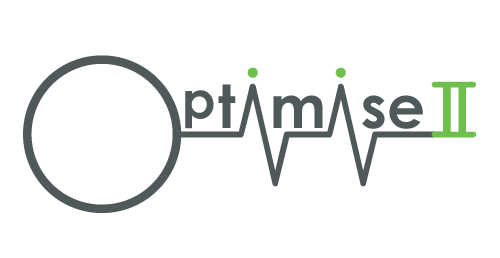International, multi-centre, pragmatic trial of cardiac output guided fluid and low-dose inotropic therapy vs usual care in patients undergoing major gastrointestinal surgery.
More than 50,000 patients aged 50 years and over undergo major elective gut surgery each year in the UK alone. After surgery, one third of these patients develop hospital acquired infection, many of whom will die within a few months of surgery. Patients who survive complications to leave hospital commonly suffer a loss of mobility, independence and reduced long-term survival. Hospital acquired infections in this patient group are extremely costly to healthcare systems because patients must usually remain in hospital to receive intra-venous antibiotics.
We know that complications after surgery are more likely if patients receive too much or too little intra-venous fluid. The use of small doses of drugs that increase heart function (inotropic drugs) is also important. Currently, the type and dose of these treatments is decided by a doctor based on subjective assessment of the patient. Advanced cardiac monitoring technologies may provide a more reliable framework for the use of these therapies. However, at most only one third of eligible patients currently receive this treatment because many doctors are concerned this approach is more aggressive and may therefore harm some patients by causing small heart attacks. Only a large clinical trial can resolve this uncertainty, allowing us to provide this treatment to all eligible patients if beneficial, or withdraw it from use if ineffective or harmful.
We aim to resolve this long standing controversy in the care of patients undergoing major surgery by evaluating the effect of cardiac output guided therapy with low-dose inotropic therapy on the number of patients who develop hospital acquired infection within 30 days after major elective gastrointestinal surgery. We will also assess the effect on mortality at 180 days after surgery, and confirm the effect on the number of patients who experience adverse cardiac events (safety outcome). We plan to recruit 2502 patients in approximately 50 hospitals worldwide to provide definitive evidence on the clinical effectiveness of this treatment.
